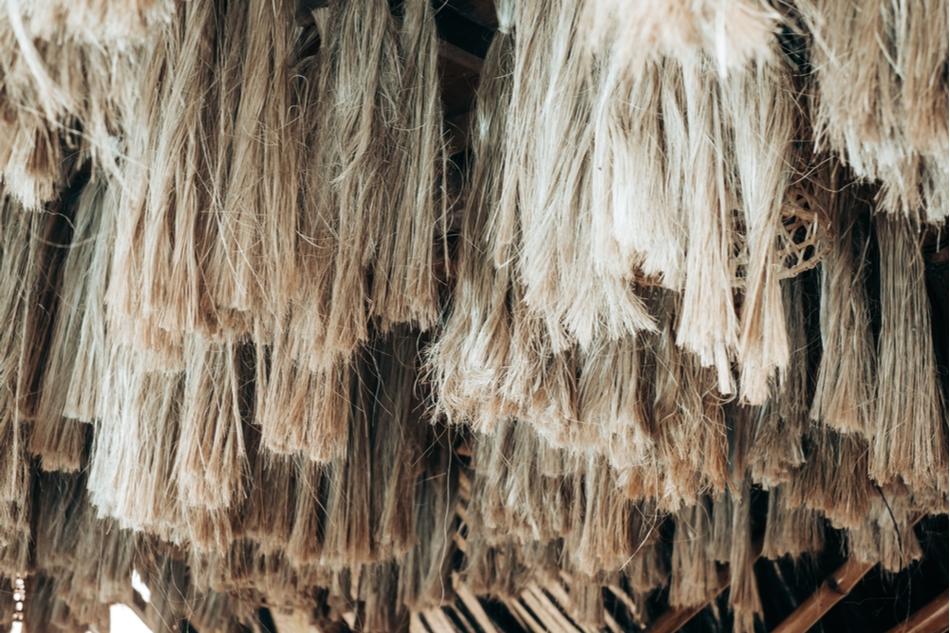Rather than make masks from plastic-derived materials, a company in the Philippines has turned to abaca leaf fibers. As reported by Bloomberg, abaca is as strong as polyester, but unlike polyester, it can decompose in just two months. The fiber is commonly used in the Philippines to make things like teabags and Philippine peso banknotes.
The Philippines’ Department of Science and Technology (DOST-X) published a study analyzing the efficacy of the abaca masks in comparison to both N95 masks and standard surgical masks. The DOST-X evaluated the mask’s fiber structures, pore sizes, water repellency, and water absorbency via Water Drop Tests, which were then analyzed under a microscope.
The researchers found that the abaca mask absorbed 3 to 5 percent of the total water applied, the N95 mask absorbed 46 percent, and the surgical mask absorbed 0.17 percent. Essentially, the abaca mask repels water far better than an N95 and nearly as good as a surgical mask.
The abaca masks do cost more than synthetic surgical masks, but as any environmentalist knows, the financial cost is not the only price we must take into account: there’s also the environmental cost. Even though these masks may be more expensive, those concerned with the plastic crisis plaguing the entire planet will hopefully see the benefit of investing in biodegradable masks.
Additionally, as abaca exporter Firat Kabasakalli revealed to Bloomberg, various PPE manufacturers from China, India, and Vietnam have ordered the fiber during the pandemic, so there’s clearly a demand for the material.












